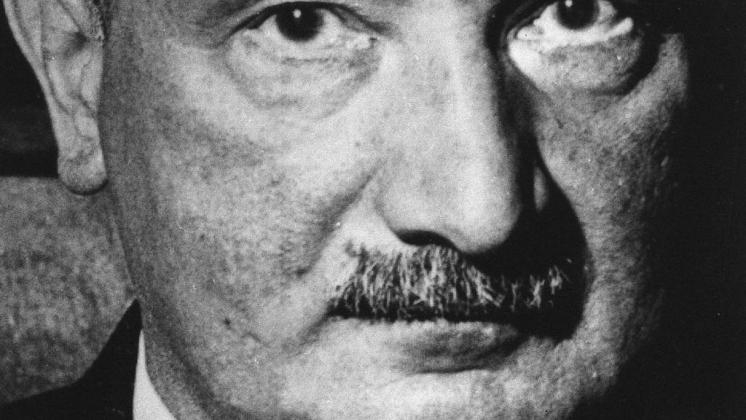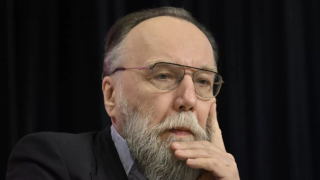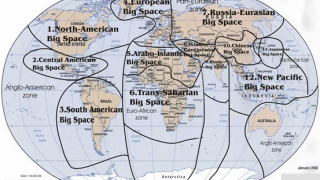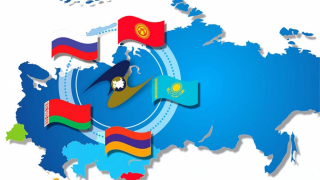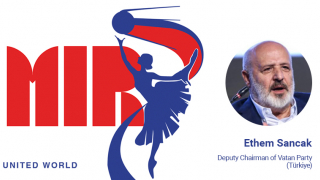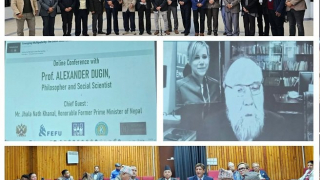Heidegger and Political Realism in International Relations
01.01.2018
In the modern Russian educational system that deals with international relations in one way or another, the liberal paradigm clearly dominates, even though in actual politics (beginning from the time of Primakov) the domination of political realism can be traced more and more clearly. It is a weak and inconsistent realism, but a realism nonetheless. Because of this divide between theory and practice, Russia must reconsider realism in relation to international realities and construct a lasting scientific foundation for the realistic conception of international relations, which must become, in some capacity, a philosophical opposition and counter-hegemony to the liberal metanarrative. It seems to us, that a rethinking of realism is impossible without paying attention to philosophical concepts, to be more precise the concept of Heideggerianism and its resulting syllogisms.
In his Black Notebooks, Heidegger makes several outlines of a theoretical basis for the concept of metapolitics. Metapolitics is a certain political space in which the fusion of theory and praxis takes place, thereby forming a definite metaphysical and politico-philosophical conception.
But why this important and how will it help us to replace our liberal paradigms? Metapolitics is the foundation of the pluriversal approach to geopolitics (the pluriversum is the linguistic-philosophical opposition to the universum) and in this way it confronts geopolitical universalism, which is most definitely a necessary condition for the widening of realism.
Why is universalism bad and how does this reflect itself in IR? Here, too, we approach the most important concept which directly emerges from Heideggerian metapolitics towards the concept of the counter-hegemony. The counter-hegemony makes it its goal to defend objectivity, which is deconstructed by universalism, as objectivity can only be achieved by stepping away from local factors as a starting point, while universalism orients itself by way of a local factor [i.e. Western preconceptions of politics]; it accomplishes this by moving away from a contingently posited, ephemeral concept. We should probably operationalise the concept of universalism more precisely. Universalism is a term from the conceptual supply of ethics. It means a methodological approach to those theories of ethics which try to provide a foundation for general principles of morality and take the interests of all people into account in moral choices. Moving to the field of politics, we see that universalism only changes its object, transforming it from a moral one into a directly political one. To express this in philosophical terms, universalism removes being from obligation, not the other way around, which actually muddles the concept of objectivity. This universalism is not foreign to the theory of international relations as well, which appears in the paradigm of liberalism. The liberal conception of international relations muddles objectivity a priori. The liberal concept of international relations as a concept of national government is also a universum which lessens objectivity a priori. This is why political realism is a battle for objectivity by way of the creation of a pluriversum.
Having described the deep essence of Heideggerianism in IR in short, we must also continue developing our understanding of the line of thought in which the correlation between metapolitics and realism takes place. Classical realism (Morgenthau, Carr) as well as neorealism (Waltz, Gilpin, Mearsheimer) put forward a series of postulates that determine this paradigm. However, the following are of the most interest to us:
- The main actors in international relations are nation states;
- The sovereignty of nation states presupposes the lack of any normative institution that transcends state borders;
These theses fully correspond to the pluriversum, which is the apogee of the metapolitics of counter-hegemony. As they are opposed to the universalist project of supranational world government, to which states are essentially delegating their sovereignty and thus lose their identity. Thus, realism, in concordance with metapolitics, proclaims its main task to be returning the world to sovereign nation states, creating the Europe of a hundred flags concept (Benoit); however, this does not apply exclusively to Europe.
In this way, spaces of real multipolarity are created including the full diversity of cultures and logoses, without destroying identities common to all civilisations.
When summing up the results of what has been said, a fairly banal but relevant conclusion can be drawn: Russia must create a concept of realism that can answer modern challenges, which is absolutely impossible without turning to classical philosophy, especially to Martin Heidegger; at the same time, this concept must correspond to the postulates of realism which proclaim a world order that is based on the activities of states as sovereign actors, and not on interregional supranational constructs.
Translated from the Russian by V.A.V.

